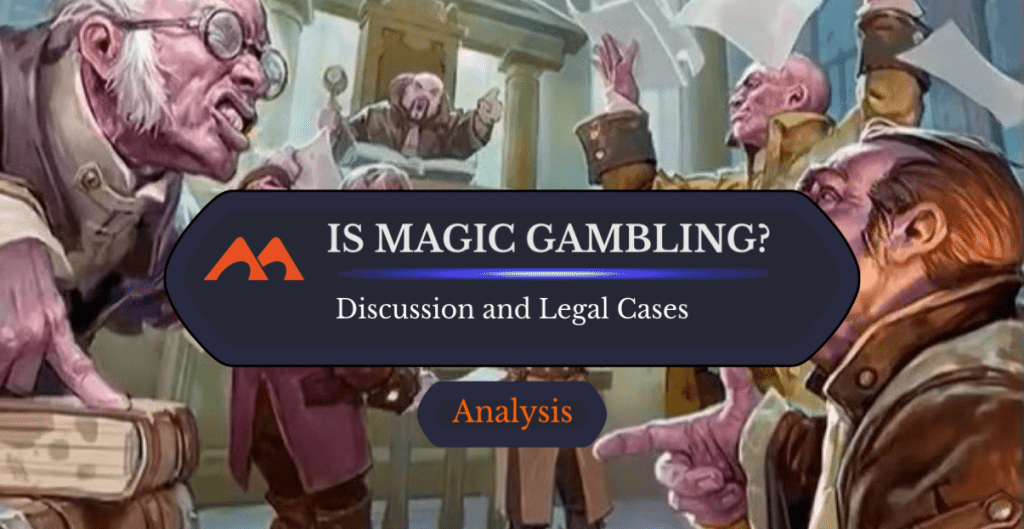
Disorder in the Court | Illustration by Zoltan Boros
If you’ve been playing Magic for a while and have engaged with the online community, you’ve likely heard at least one person refer to Magic boosters as gambling. Usually it’s said rhetorically, as a way to dissuade people from buying packs as opposed to singles, or sometimes in a half joking way by people who post their recent booster box purchase with a caption similar to “just felt like gambling.” Jokes aside, is there any merit to the idea that opening a booster pack of Magic cards could be considered gambling?
In short: yes. But to explain why, I’m going to go through the legal definition of gambling in a few different regions of the world and see if Magic would count. I’ll also be taking a look at some court cases related to similar issues like loot boxes that might shed some light on the answer as well.
What Counts as Gambling?
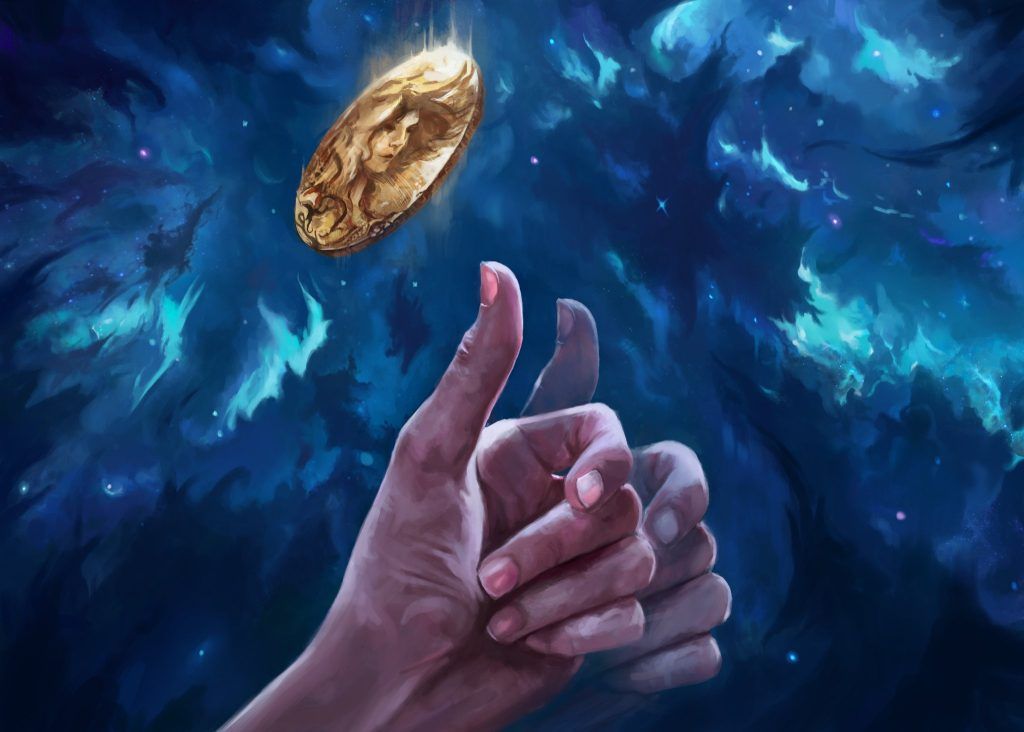
Trickster's Talisman | Illustration by Sam White
While the U.S. doesn’t have one federally recognized definition of gambling, Under title 31 of the United States Code there is a definition of a “bet or wager.” According to sec. 5362 of Title 31, a bet or wager “means the staking or risking by any person of something of value upon the outcome of a contest of others, a sporting event, or a game subject to chance, upon an agreement or understanding that the person or another person will receive something of value in the event of a certain outcome;” and more importantly for our purposes, “includes the purchase of a chance or opportunity to win a lottery or other prize (which opportunity to win is predominantly subject to chance)[.]”
There have been arguments made that loot boxes in games could arguably be defined as a form of gambling. After all, players are purchasing them in hopes they win a specific prize. However, these arguments have been unsuccessful due to the fact that players always receive something from their purchase, even if it isn’t what they wanted. Compare this to a scratch lottery ticket where the buyer has an opportunity to pay money and win nothing in return, and you can see the difference.
In the UK, the Gambling Commission has a slightly more succinct definition of gambling. It’s defined as “gaming, betting and participating in a lottery.”
The legal definitions here that I think are worth looking at are gaming and lottery. Gaming is defined as “playing a game of chance for a prize. It includes a game that involves both an element of chance and an element of skill, a game that involves an element of chance that can be eliminated by superlative skill, and a game that is presented as involving an element of chance, but does not include a sport.”
A lottery is defined in the UK as “an arrangement where (a) persons are required to pay in order to participate in the arrangement, (b) in the course of the arrangement one or more prizes are allocated to one or more members of a class, and (c) the prizes are allocated by a process which relies wholly on chance. In a complex lottery, the prizes are allocated by a series of processes, and the first of those prizes relies wholly on chance.”
These definitions can be found along with all other definitions related to gambling here on the Gambling Commission’s site.
In a research publication from The Commons Library titled Loot boxes in video games by John Woodhouse, there’s an interesting quote from The Gambling Commission in reference to why a loot box can’t be considered gambling in the UK:
“A key factor in deciding if that line has been crossed is whether in-game items acquired ‘via a game of chance’ can be considered money or money’s worth. In practical terms this means that where in-game items obtained via loot boxes are confined for use within the game and cannot be cashed out it is unlikely to be caught as a licensable gambling activity. In those cases our legal powers would not allow us to step in[.]”
Some other countries have taken a much more hardline stance against loot boxes in games. The Netherlands classified any loot boxes whose contents could be traded for real money as gambling. Belgium also cracked down on loot boxes over concerns that they were introducing addictive gambling habits to minors.
Is Magic: The Gathering Gambling?
Trading cards and collectible cards have sometimes received similar scrutiny as loot boxes. Looking at the definitions of gambling it’s easy to understand why. When you pick up a pack of Magic cards, you’re purchasing something in hopes of getting a sort of prize, in this case you want a specific card or maybe just a valuable card to flip. How do Magic and games like Pokémon or Yu-Gi-Oh! get away with this?
The hint might be in the ESRB’s arguments in favor of loot boxes. Similarly, anyone who cracks a Magic pack is getting something in return. Even packs that at best have a bulk rare still technically have value on the secondary market, even if that value is a lot lower than what you paid.
While opening a pack of Magic cards might not legally be considered gambling, that doesn’t mean that it isn’t similar enough to gambling for there to be concerns. After all, one of the reasons minors are restricted from gambling is due to the psychological impact that it can have on the people who do it.
Gambling uses what user experience researcher Ben Lewis-Evans describes as a Variable Ratio reward system in his talk, “Reward Psychology – Throwing out the Neurotrash.” Unlike a Fixed Ratio reward, that you know you’ll get after a certain number of concrete steps, a Variable Ratio reward could come feasibly at any time. Because you don’t know how many times you’ll have to interact with a Variable Ratio system before you get your reward, some people are more likely to engage with it continuously with the hope that their next roll of the dice is a big win for them.
While Lewis-Evans references this reward ratio in reference to loot boxes, the same is true for Magic booster packs. You never really know until you open a pack if you’re going to get the reward you’re looking for. Technically, there’s always a chance that any pack could have something good in it. This can lead to players continuing to chase that potential reward, spending more and more money on packs.
While both booster packs and loot boxes share some key aspects with gambling, there’s some indication that card games might not be as problematic as loot boxes. According to a peer reviewed study published in PLOS One: “[A]lthough card game booster packs, like loot boxes, share structural similarities with gambling, it appears that they may not be linked to problem gambling in the same way as loot boxes.” One key distinction that the study makes is in the presentation differences between loot boxes and booster packs. Opening a loot box is often accompanied by curated sounds as well as spinning graphics that make it appear as though you just missed out on getting a great drop. When you open a pack of Magic cards, there aren’t as many ways to mess with your mind. For instance, none of my The Lost Caverns of Ixalan packs flashed a picture of a Mana Crypt at me before I ended up with another handful of bulk rares.
However, even though the study makes it clear that booster packs aren’t as closely tied to problem gambling behaviors, it does still make the point that they’re similar in concept to gambling. I think it’s also worth noting that, while the study found no substantial link between buying booster packs and problem gambling, it doesn't mean someone couldn’t be spending too much money on Magic cards specifically.
In the article “Emerging Legal Issues in the Sports Industry: Are Trading Cards a Form of Gambling?” by Sara A. Elliott and Daniel S. Mason, the authors looked at how “chase cards” influence the way people interact with trading cards, their spending habits, and links to gambling.
Chase cards are extra rare cards that hold a high value on the secondary market. In Magic, think serialized cards, Neon Ink Mana Crypts, or the best example, the 001/001 The One Ring. Elliott and Mason found in their research that multiple sources including a card shop owner and a lawyer noticed people buying large quantities of card packs in search of chase cards. In the case of the lawyer, Alan Hock, it was his 8-year-old son who he noticed these signs of addiction in.
Hock and several other lawyers filed lawsuits against card manufacturers claiming that chase cards turned trading card packs into a form of gambling in violation of the Racketeer Influenced and Corrupt Organizations Act also known as RICO.
While these early cases weren’t successful, they did introduce an interesting legal precedent. In one case, it was determined that selling packs with a chance of a chase card in it could be considered a form of gambling.
Schwartz v. Upper Deck Co.
For the purposes of this article, the most significant ruling comes from the case Schwartz v. Upper Deck Co. that took place in 1997. In the case, it was determined that if the chance of finding a chase card has any influence on the customers’ decision to buy a pack of Upper Deck trading cards, it constitutes gambling under New York and New Jersey law.
This is because these states have three elements of illegal gambling: chance, consideration, and prize. The chance portion is fulfilled by the possibility of finding a chase card in a pack. The chase cards were considered prizes because of their value on the secondary market and because customers were primarily interested in the cards for their monetary value. The main sticking point in the lawsuit was the consideration aspect, as it needed to be determined if the people buying the packs were doing so specifically to try and find or “win” a chase card.
Applying this case to Magic, it’s easy to see the similarities. I know I personally bought a Lord of the Rings Collector booster for the sole purpose of maybe pulling the unique The One Ring card. Sure, I knew I probably wasn’t going to get it, but the small chance of pulling a $2 million card definitely influenced my decision to buy a Collector booster instead of a few Draft or Set boosters. According to the precedent set in this lawsuit, what I did could be considered gambling in the states of New York and New Jersey at the very least.
Dumas v. Pinnacle Brands
Dumas v. Pinnacle Brands was another lawsuit that sought to use RICO as a basis for the plaintiff’s case. This case and the others like it were ruled in favor of the card companies for the simple fact that customers understood there was a chance they might not get the cards they wanted. Because the company wasn’t lying about there being a chance to get a chase card, there was no fraud. That said, this case also concluded that the insertion of chase cards did constitute gambling.
Wrap Up
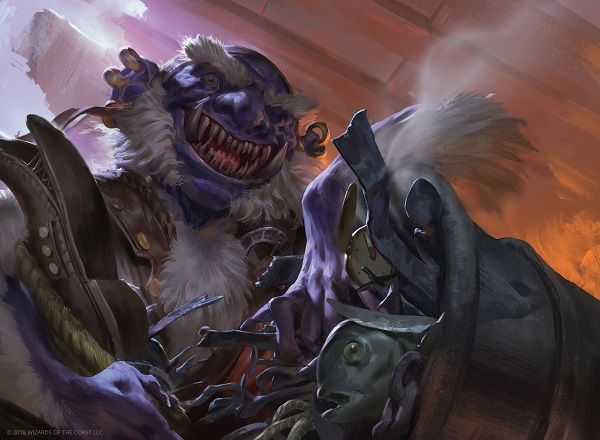
Gamble | Illustration by Even Amundsen
In a way, opening a pack of Magic cards can be considered gambling. That said, it isn’t always gambling. If you’re opening packs to draft, or even just for fun, it technically can’t be considered gambling. It seems that, at least for a legal definition, you’d need to be buying the packs with the express purpose of trying to make money from rare cards. I think that as long as there’s a strong secondary market, it’s at least important to acknowledge the risks Magic packs can pose, especially to younger players. This is especially true as more forms of chase cards seem to be making their way into the game on a regular basis.
Would you consider Magic gambling? Do you think Wizards should do something to address the chase card issue? Let me know in the comments or on Draftsim’s X (formerly Twitter).
Thank you for reading and see you next time!
Follow Draftsim for awesome articles and set updates: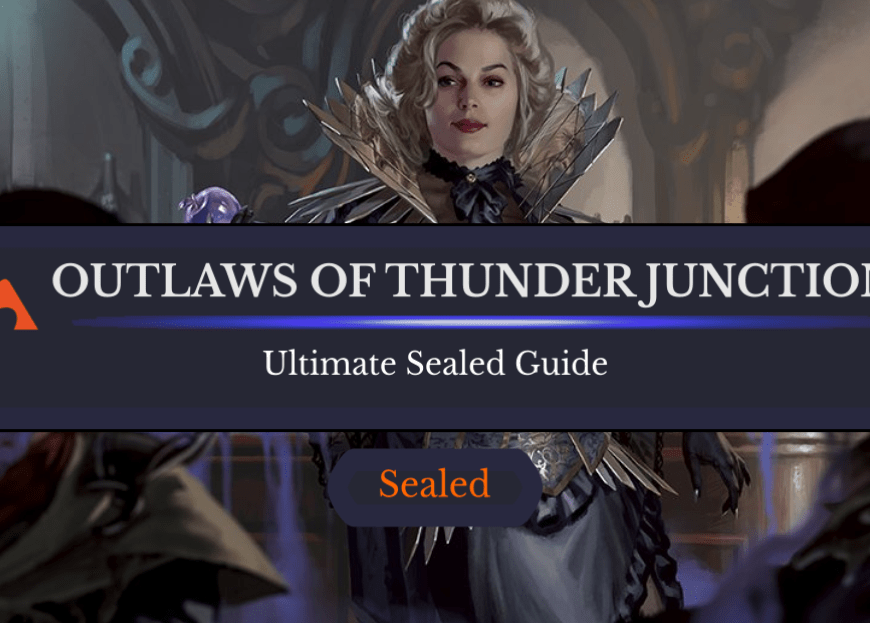
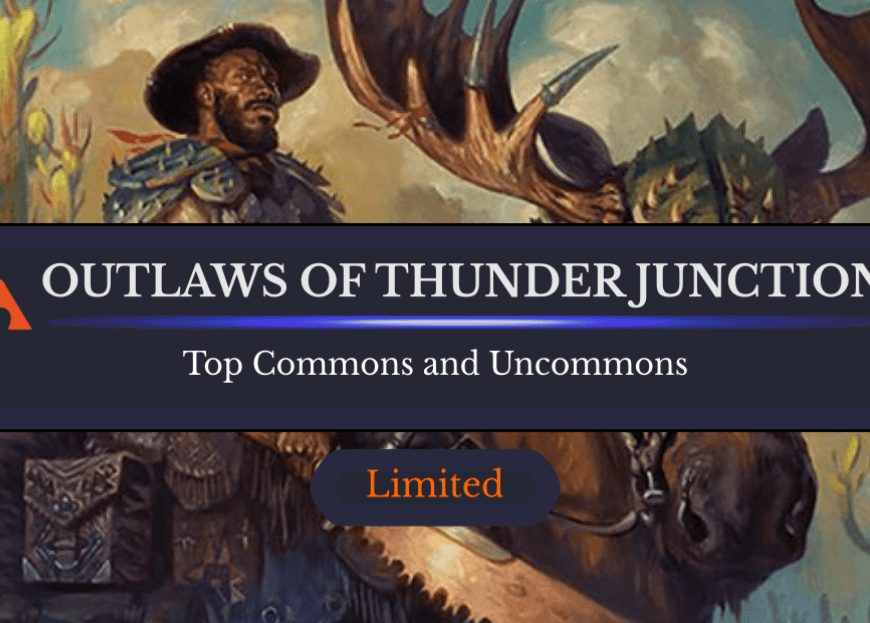
Add Comment